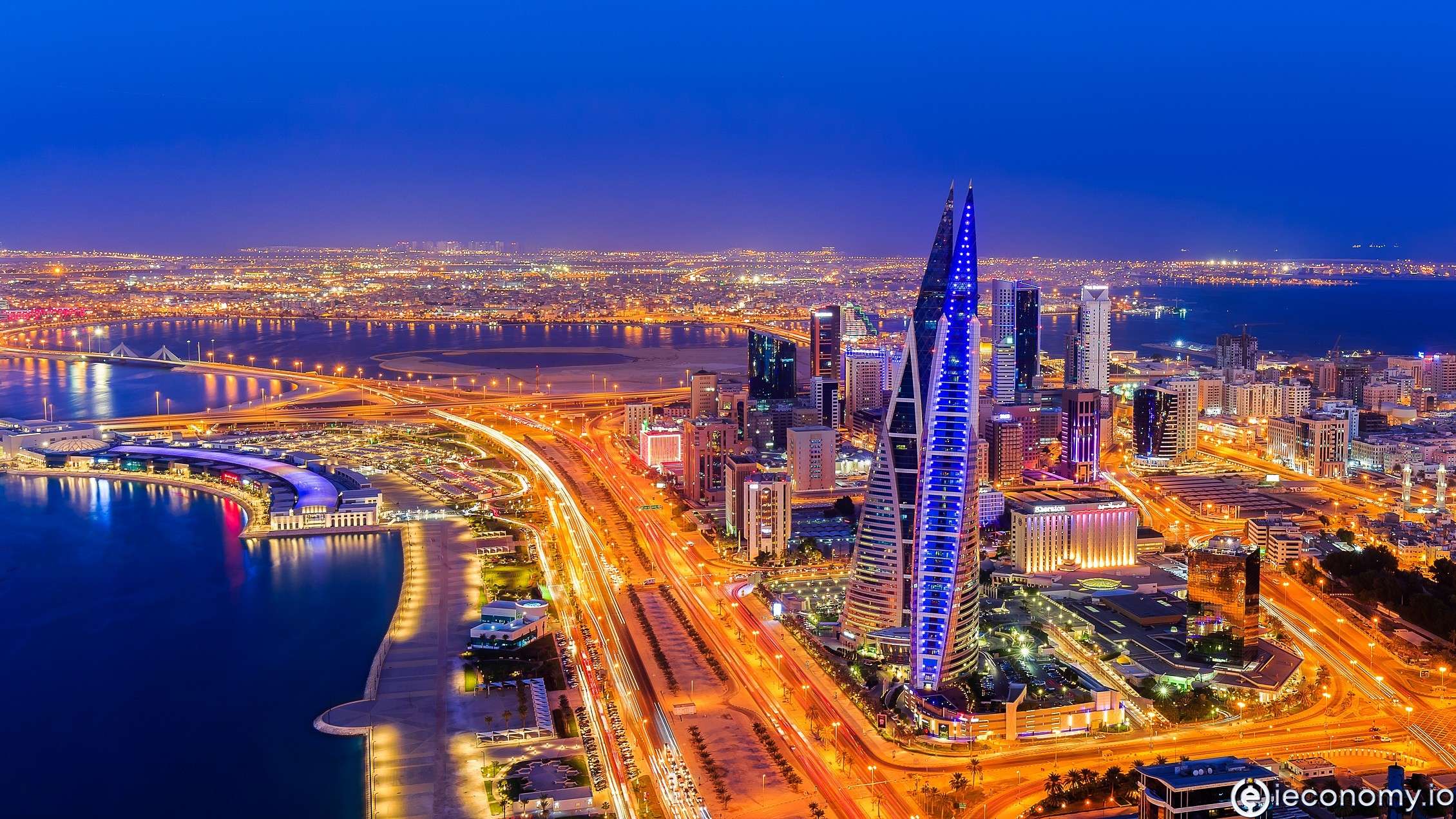1952
0
There is expected to be strong economic growth in the Middle East
There is expected to be strong economic growth in the Middle East this year, but also a sharp rise in inflation and food prices.

Yazar: Tom Roberts
Yayınlanma: 20 Ekim 2021 02:24
Güncellenme: 21 Şubat 2026 01:26
There is expected to be strong economic growth in the Middle East
There is expected to be strong economic growth in the Middle East this year, but also a sharp rise in inflation and food prices, as coronavirus vaccines are unevenly distributed throughout the region. The International Monetary Fund (IMF) said this on Tuesday. According to the latest report from this financial institution based in Washington, USA, economies in the Middle East region will grow by about 4 percent, while this year's inflation in oil-importing countries will reach 17 percent. According to the report, the situation is particularly catastrophic in countries that are already facing serious economic crises, such as Lebanon and Afghanistan. Food prices have risen to their highest level since 2014, with an increase of almost 28 percent this year. Compared to them, oil-exporting countries in the Persian Gulf, such as Saudi Arabia, the United Arab Emirates, Kuwait, Oman, Bahrain and Qatar, will reach a maximum inflation rate of 2.8 percent this year. While this year, according to the IMF forecast, the average inflation in the region will be 17 percent, in 2022 it should fall to less than 10 percent. The IMF said the region, including Afghanistan, Pakistan and some Central Asian countries, has so far secured 576 million vaccines. This represents a shortage of about 66 million vaccines, of which 24 million for the Middle East, 7 million for Afghanistan, 21 million for Pakistan and 14 million for Central Asian countries.İLGİLİ HABERLER





European stocks soared and focus shifted to German retail sales after Powell's speech!

Forex Signal For TRY/USD: Inflation Slowdown in November.

Forex Signal For GBP/USD: Bullish Trend Still Not Breaking While Recovery Continues.

Forex Signal For EUR/USD: Starry US Data Points to Higher Fed Increases.

Forex Signal For BTC/USD: Downside Continues as Bitcoin Recovery Moves Less.
En Popüler Haberler
Yorum Yap
Yorumlar
Henüz yorum yapan yok! İlk yorumu siz yapın...